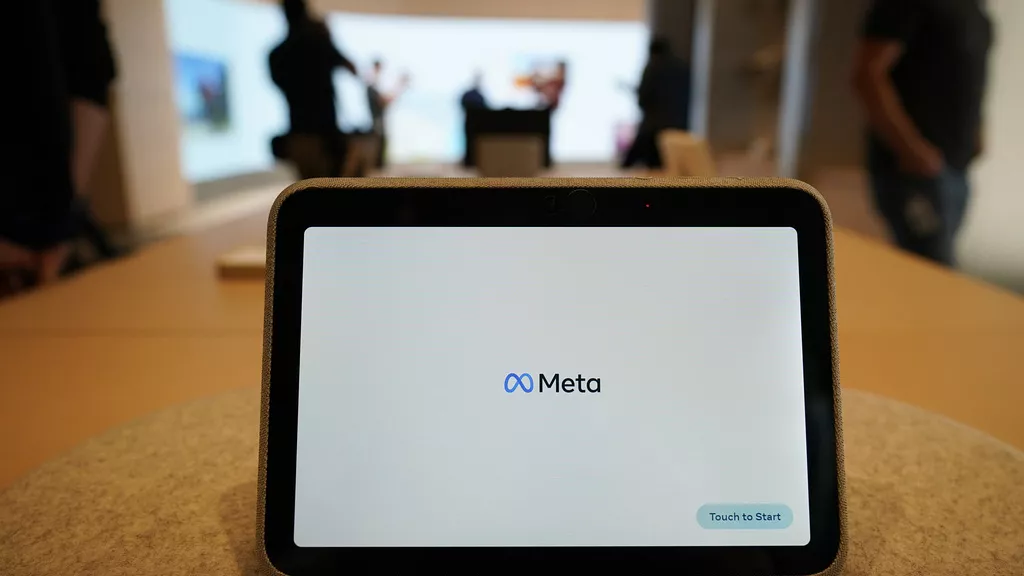Meta Removes 63,000 Instagram Accounts in Nigeria for Sextortion
Meta announced on Wednesday that it has removed approximately 63,000 Instagram accounts in Nigeria involved in sexual extortion, also known as sextortion.
Additionally, thousands of Facebook groups and pages attempting to organize, recruit, and train new scammers have been taken down.
Sextortion involves coercing individuals into sending explicit photos online, with threats of public exposure if they do not comply with demands for money or sexual favors.
High-profile cases have highlighted the severity of this issue, including two Nigerian brothers who admitted to extorting teenage boys in Michigan—one of whom committed suicide—and a Virginia deputy sheriff who extorted and kidnapped a 15-year-old girl.
Meta’s crackdown is aimed at a loosely organized group known as the Yahoo Boys, primarily operating out of Nigeria. According to Meta, this group uses a “scattergun approach” to target victims indiscriminately.
Antigone Davis, Meta’s global head of security, explained, “They’re motivated by money, so they send numerous requests to individuals and see who responds.”
In January, the FBI highlighted a significant rise in sextortion cases, particularly among boys aged 14 to 17. Meta’s investigation revealed that while most of these attempts targeted adult males in the U.S., some also aimed at minors, which Meta has reported to the National Center for Missing and Exploited Children.
The deleted accounts were part of a “coordinated network” of about 2,500 linked to roughly 20 individuals. In April, Meta introduced new tools on Instagram, including a feature to automatically blur nudity in direct messages, as part of its efforts to combat sextortion and image abuse.
Davis advised users to be cautious of messages from individuals with “highly stylized” photos or those who have never previously contacted them.
“This should give you pause,” she said, urging users to be vigilant and skeptical of unsolicited messages.
Source: Africanews with AP



